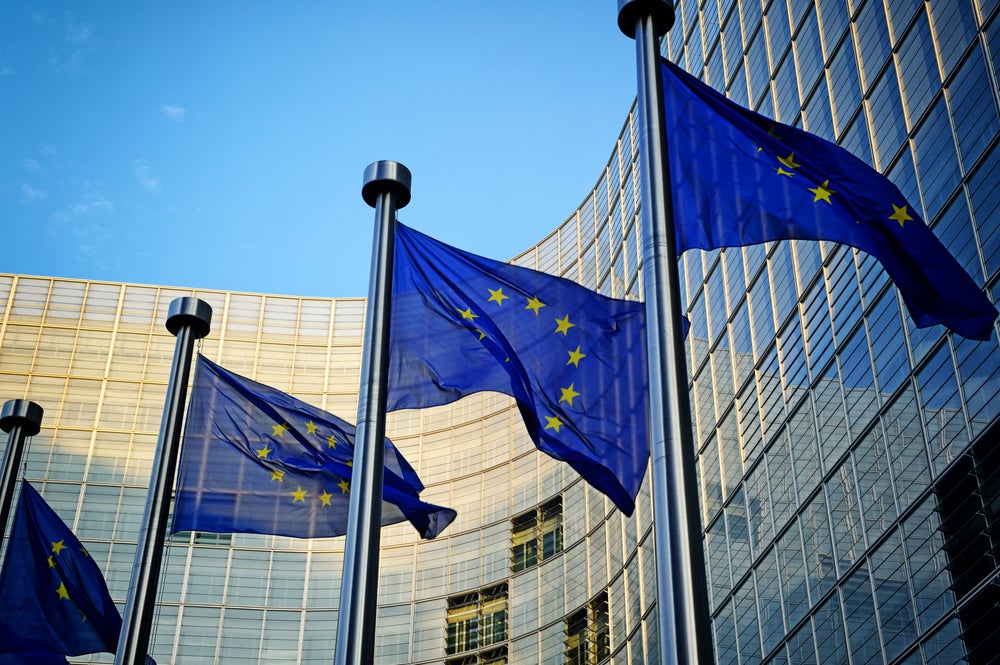With 600 votes in favour, 17 against and 16 abstentions, the EU Strategy for Sustainable and Circular Textiles calls for textile products sold in the EU to be more durable, easier to reuse, repair and recycle. It states their production should respect human, social and labour rights, the environment and animal welfare throughout the supply chain.
Moreover, the members of Parliament (MEPs) state they want EU and national measures to put an end to “fast fashion” with a call for the ban on the destruction of unsold and returned textile goods.
Sustainability and competitiveness – a balanced vision
While Euratex says it supports the EU Textile Strategy, it believes despite the efforts outlined to step up the EU’s ambition towards sustainability and circularity even further, the report fails to recognise the strategic role of the European textile industry to scale up sustainability. The report also does not take into consideration the global competitive threat which companies in Europe are currently facing.
Director General of Euratex, Dirk Vantyghem, explains: “We welcome the strong interest of the European Parliament in the textile and fashion industry, but encourage MEPs to develop a balanced vision which reconciles sustainability and competitiveness. Developing a new business model for our industry requires carefully crafted legislation at the global level, and an open dialogue between the industry, the brands and the consumer.”
Euratex believes the report fails to respect the balance between sustainability and competitiveness. Instead, Euratex says it suggests even more rules and restrictions, totally disregarding the current economic challenges caused by high energy prices, loss in consumer confidence and assertive trade partners.
The organisation goes as far as to say: “Putting the bar even higher will simply mean that the European textile industry will be pushed out of the market, resulting in a bigger environmental footprint and increased dependency on foreign supplies. Quite the opposite of what the EU wants to achieve with its open strategic autonomy plans.
Access the most comprehensive Company Profiles
on the market, powered by GlobalData. Save hours of research. Gain competitive edge.

Company Profile – free
sample
Your download email will arrive shortly
We are confident about the
unique
quality of our Company Profiles. However, we want you to make the most
beneficial
decision for your business, so we offer a free sample that you can download by
submitting the below form
By GlobalData
“The report also fails to differentiate between textile products. There is a mix-up between fashion and technical textiles, between products made in Europe and outside, and between high-quality and durable products and low-quality items. It is regretful that the European Parliament did not make that distinction and simply refers to “textiles” as a general cause of concern, without acknowledging e.g. the high-quality products, made by European textile and fashion companies.
“It puts a strong responsibility on the supply side – the industry and the brands – and does not sufficiently address the role of the consumer. We need initiatives therefore to create a stronger demand for sustainable textiles, which includes better communication and transparency (avoid greenwashing), fiscal measures, green public procurement and better control of online marketplaces.”
However, Euratex believes the report does recognise the importance to invest in research and innovation, to support reskilling and upskilling, the need to scale up the circular economy and pay attention to the needs of SMEs.
Measures to be addressed in future EU legislation
The European Parliament says consumers should have more information to make sustainable choices and calls for a ban on the destruction of unsold and returned textile goods in the upcoming revision of the ecodesign regulation.
It says MEPs want clear rules to stop greenwashing by producers, through for example the ongoing legislative work related to ’empowering consumers in the green transition’ and ‘regulating green claims’.
MEPs also want the upcoming revision of the Waste Framework Directive to include specific separate targets for textile waste prevention, collection, reuse and recycling. They urge the Commission to launch the initiative to prevent and minimise the release of microplastics and microfibres into the environment, without further delay.
The EU Commission initially presented the EU Strategy for Sustainable and Circular Textiles on 30 March 2022 to address the entire lifecycle of textile products and propose actions to change how we produce and consume textiles.
The move is part of the EU Green Deal which proposes to make sustainable products “the norm in the EU”, boost circular business models and empower consumers for the green transition. As announced in the Circular Economy Action Plan, the Commission is proposing new rules to make almost all physical goods on the EU market more friendly to the environment, circular, and energy-efficient throughout their whole lifecycle from the design phase through to daily use, repurposing and end-of-life.
Manufacturers will have to ensure their clothes are eco-friendly and long-lasting and consumers will be given more information on how to reuse, repair and recycle clothing.
The European Parliament says that by adopting this report it is responding to citizens’ expectations to build a circular economy by promoting sustainable EU products and production, and to support the shift to a sustainable and resilient growth model.


